The «Meridional» magazine, whose second issue was presented on Saturday, January 14th, at Casa do Meio-Dia, in Loulé, is «a newspaper of the passing time». The words are by the writer Lídia Jorge, who presented this second edition.
Lídia Jorge, who made the presentation with Maria da Graça Ventura, director of the magazine and ICIA – Instituto de Cultura Ibero-Atlântica which edits it, classified the publication as “a magazine from the South, from the Algarve, from us all to us all” . But a cultural magazine that does not hesitate to address, with several voices, the theme of the moment, war.
Referring to the careful graphic aspect of this 304-page publication, with the size and format of a book, Lídia Jorge stressed that «even as an object it is very appreciable, with very well thought out graphics».
Back to betting black&white monochrome (also for cost reasons), the cover photograph is by Elsa Martins, but its name (Long-winged Azinheira), as Graça Ventura recalled, was suggested by Lídia Jorge. The writer no longer even remembered such a thing, but it was her «right words» that baptized the photo.
The trees of the South, in fact, are more than once present in the pages of this «Meridional». So much so that the only color photograph is of the carob tree photographed by Lídia and with its projected shadow, which illustrates the chronicle «Carobeira do Caminho», a text that, by itself, would justify the purchase of the magazine. But there is much, much more to read.
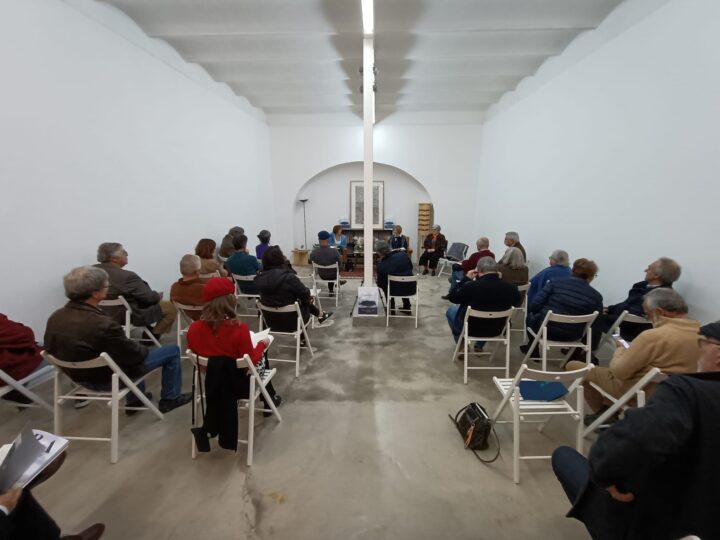
«This second issue has a structure with intelligence, very thought out to reach this point». Divided into six main parts – Poetry, Thematic Dossier, Great Interview, Chronicles, Studies and Reviews -, it is a magazine «about the South, the Algarve and the areas that surround our region, but also dialogues with wider spaces». There is, therefore, «a sedentary magazine and another nomadic one», added the writer.
But «Meridional» does not stop there: «there are articles that are a chronicle of the present time, crossed by the tragedy that we are living», the war, which, incidentally, is the fashion of the part dedicated to Poetry and later motivates a whole special dossier.
Paraphrasing Höderlin (and she was not the only one to do so), Lídia Jorge asked: «What can poets do in times of indigence?» "It's a question that has no solution, but it has an answer," she said.
In her presentation, the writer, magazine in hand, went through the various parts, highlighting João Ventura's text on Odessa, which she classified as "absolutely wonderful", "a profound literary journey", or the article on the "A- lá-Tejo»: «I had never seen the Alentejo like this, from this perspective», he confessed.
This is «a magazine aimed at a wide audience, but which also has an academic character», explained Maria da Graça Ventura. «As it is here, you can apply for the international panorama of academic journals».
As the director of the magazine recalls in her editorial, "the Meridional, Journal of Mediterranean Studies is a collective project conceived by the Instituto de Cultura Ibero-Atlêntica, based in Portimão. It is an annual publication that fulfills the conditions required to be an indexed journal (with scientific advisers, external evaluators, abstracts and abstracts and bilingual titles), without referring it to an exclusively academic niche. It is rigorous, demanding, versatile and creative, an open work».
But it is also an adventure and the source of many headaches. For this reason, Graça Ventura recalled the «difficulties of working in the editorial field, not only in terms of production, but also in terms of dissemination».
Lídia Jorge recalled, by the way, that «the major problem with magazines is their continuity», since publications such as «Meridional» «live a lot on the goodwill» of those who produce them and who write for them.
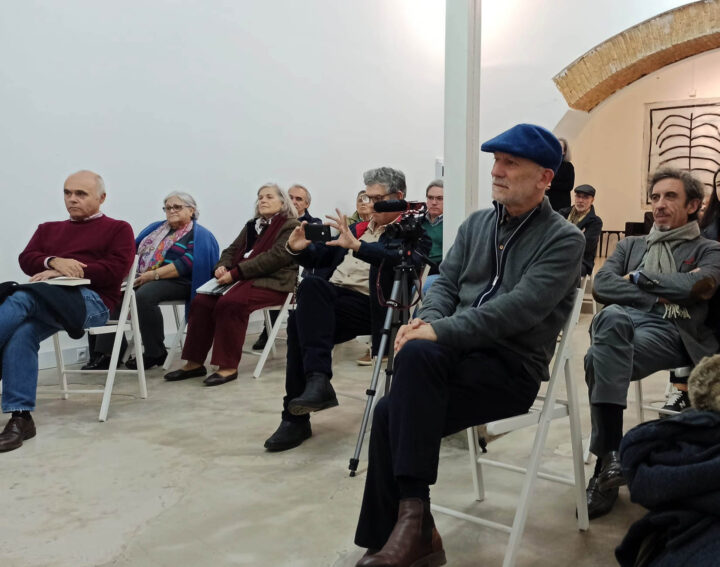
With «20 authors from different nationalities and geographies», the publication edited by ICIA presents voices from this side – Lídia Jorge, Nuno Júdice, António Cabrita, Maria João Cantinho, Maria Adelina Amorim, Rui Bebiano, João B. Ventura, Manuel Jorge Marmelo, Dora Gago, Frederico Mendes Paula, António Jorge Afonso, João Romero Chagas Aleixo, Carlos Osório, Joana Portela, Luís Filipe Castro Mendes, Luís J. Semedo Matos, Andreia Fidalgo – , but also «voices from the other side of the Mediterranean» m as well as «more distant voices», who bring contributions «beyond History and Poetry», highlighted Graça Ventura.
Within these voices and echoes, highlight Morocco, which arrives in three different ways: first, through Mohamed Saadan's article on the legend of Aisha Qandisha. «I asked myself: if there are so many legends of Moors in the Algarve, aren't there legends of Portuguese in Morocco?». And that's how the challenge arose for Saadan to write the article about this Portuguese woman in Moorish lands.
Then there is the interview that the architect José Alberto Alegria, honorary consul of Morocco in the Algarve and a great connoisseur of the cultural reality of that country, gave the writer and artist Mahi Binebine, «in the palm grove of Marrakesh».
Or even the article by another architect dedicated to cultural things, Frederico Mendes Paula, on the defense mechanisms of the Portuguese in the squares of Tangier and Mazagão, at the beginning of the Expansion.
But, this time, as explained by Graça Ventura, the center of the magazine did not even stay in the Mediterranean, it moved further to the East, to the Black Sea and to the tragedy that also affects it, motivating an extensive thematic dossier, with different voices, such as Georgian Tamta Melashvili.
Thanking the generosity of those who participate in a project like this, Maria da Graça Ventura stressed: «I only get involved in what I like to do. The payment is recognition of the validity of the project». Because, she stressed, there has always been «resistance, permanence and coherence in ICIA projects, since its foundation in 1995».
Adriana Nogueira, regional director of Culture for the Algarve, also present at the presentation at Casa do Meio-Dia, added yet another quality: «resilience».
Underlining that «the Algarve has few magazines and they are not of this nature», the responsible wished «a long life» to «Meridional».
«My wish for 2023 is that, in December, there will be issue 3 of Meridional to launch and that we will all be here and a few more to celebrate the continuity of this magazine», concluded, for her part, Graça Ventura.
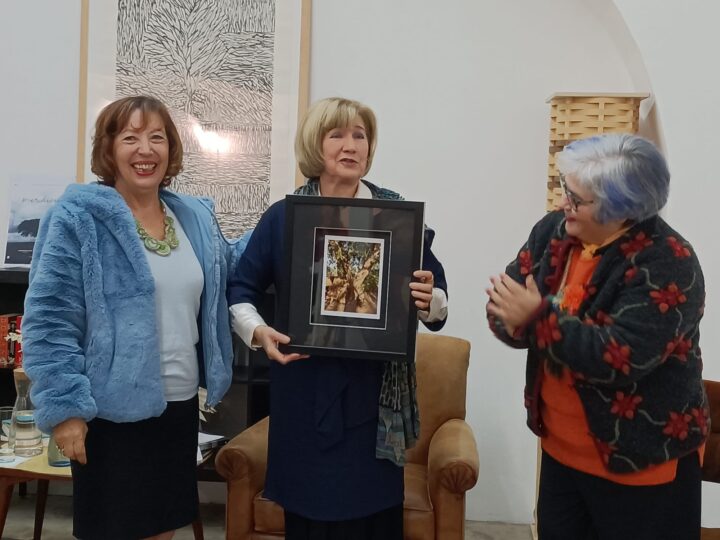
Closing the session, the director of the magazine surprised Lídia Jorge with the gift of a framed photograph of the «locust tree on the way», taken by Lídia herself and which illustrates her chronicle that opens the magazine. And Adriana Nogueira read, side by side with Graça Ventura, an excerpt from Lídia's chronicle.
Meridional is on sale at Elifalma (Portimão), A Internacional (Lagos), Fortaleza de Sagres, Casa do Meio-Dia (Loulé) and Ler Devagar (Lisbon) bookstores. Soon, it will be in other bookstores in the country. And it can be sent by mail (see conditions by clicking here).
However, the number 1 of the «Meridional», launched in December 2021, is now online, one year after its paper edition and can be accessed here.
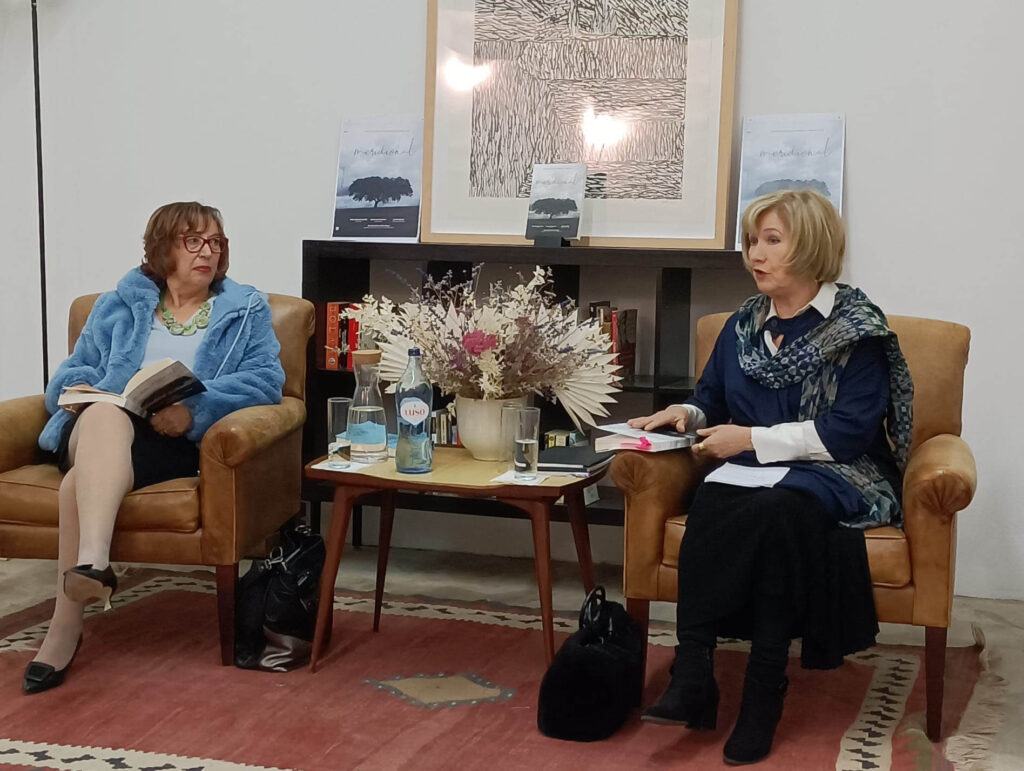
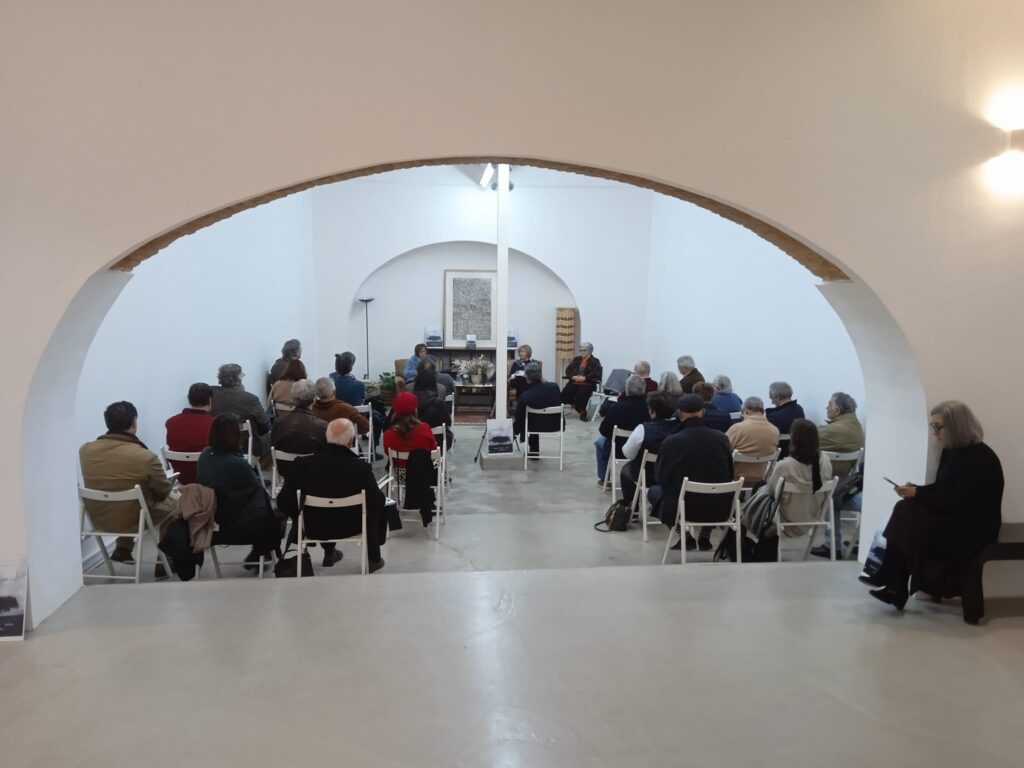
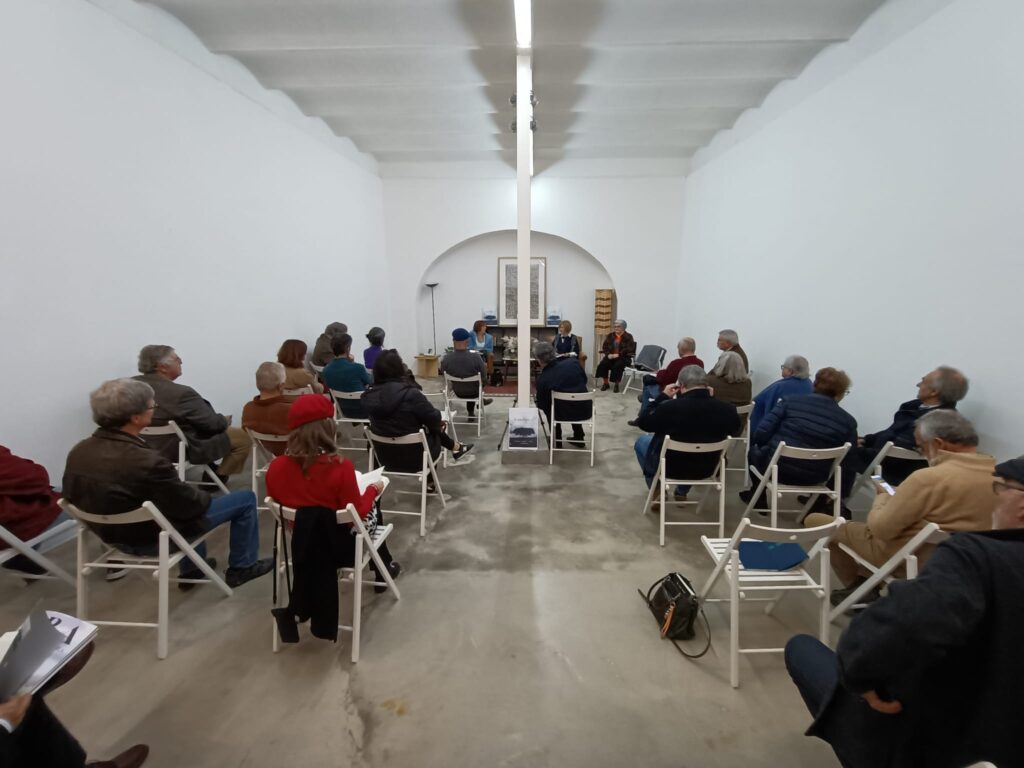
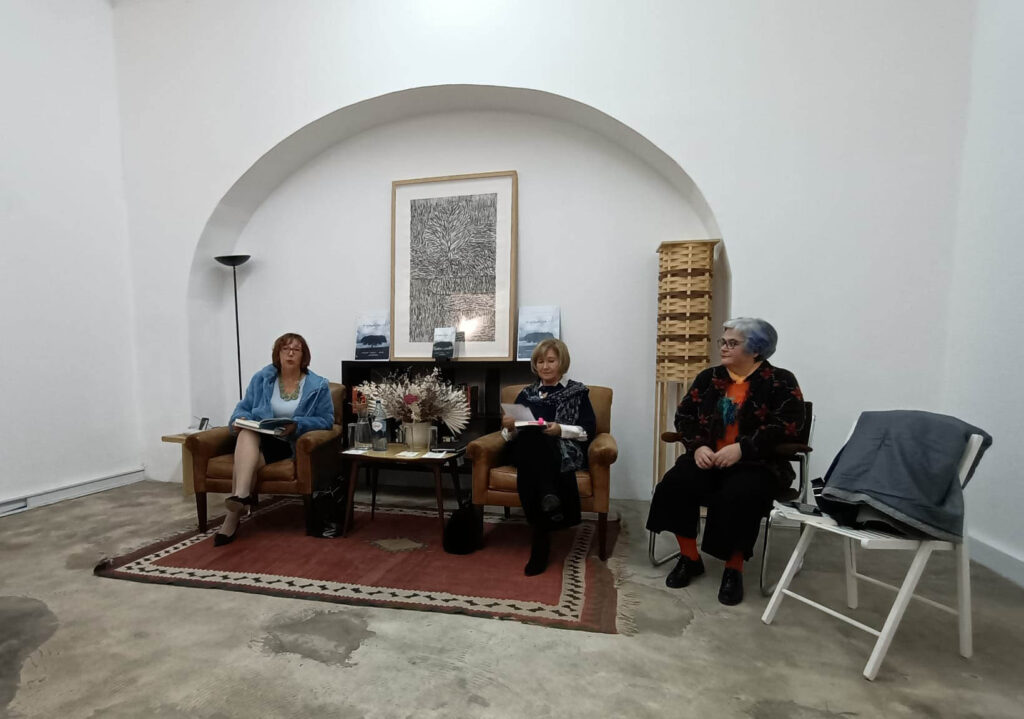
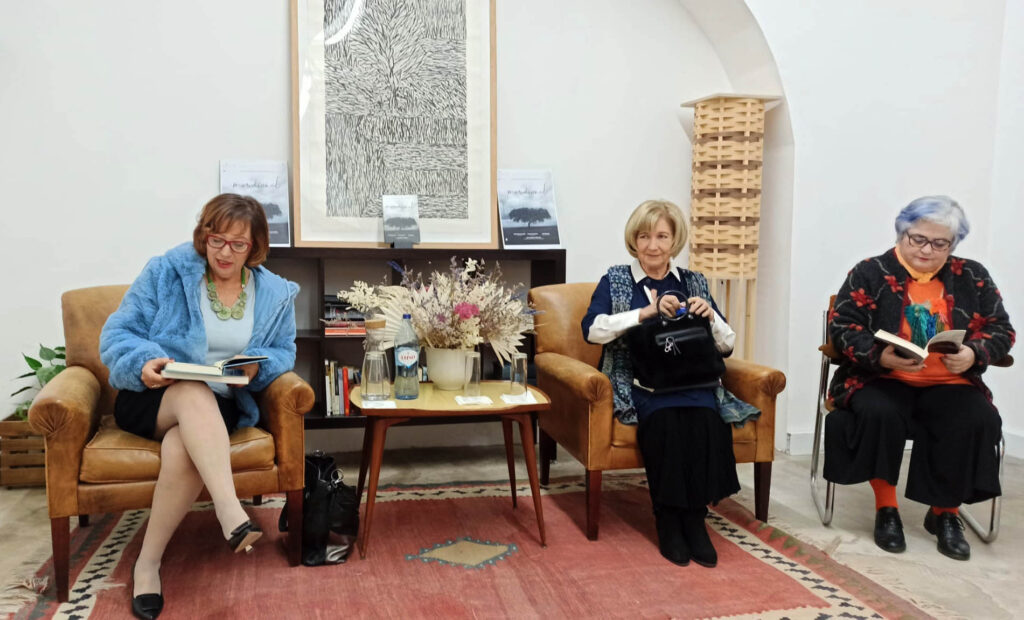
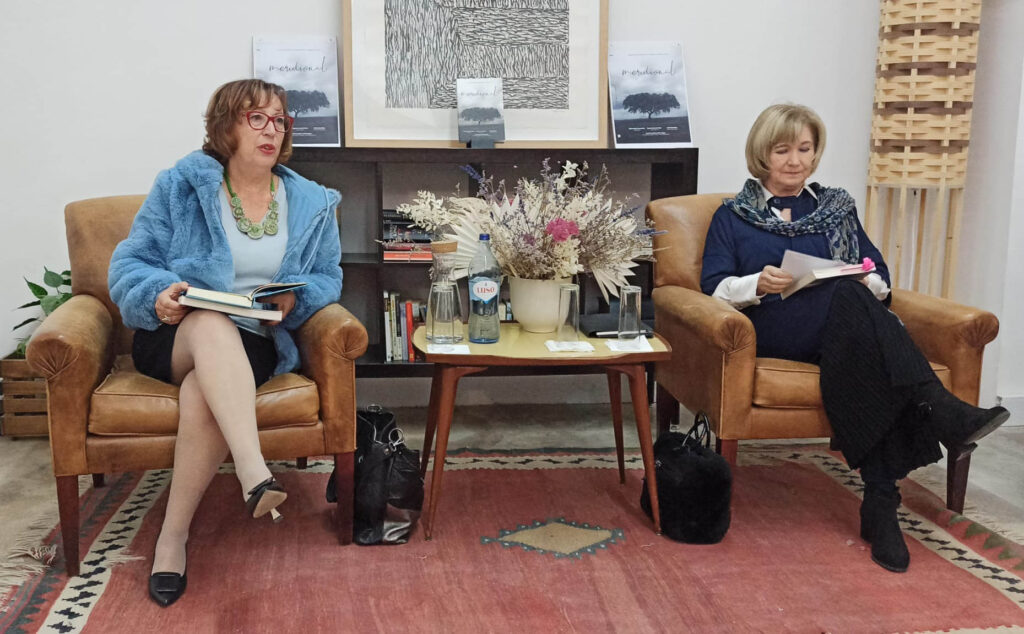
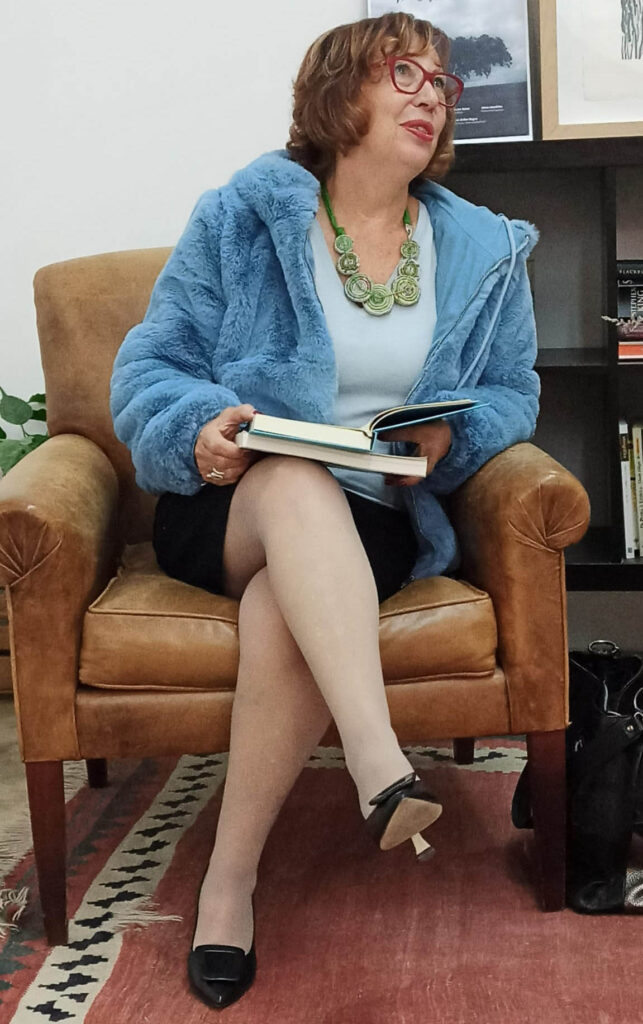
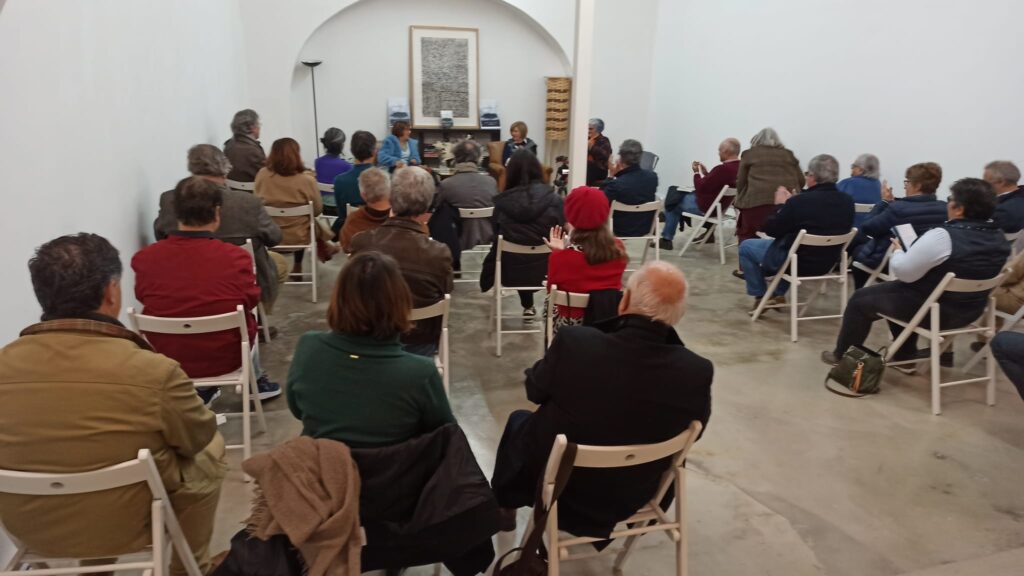
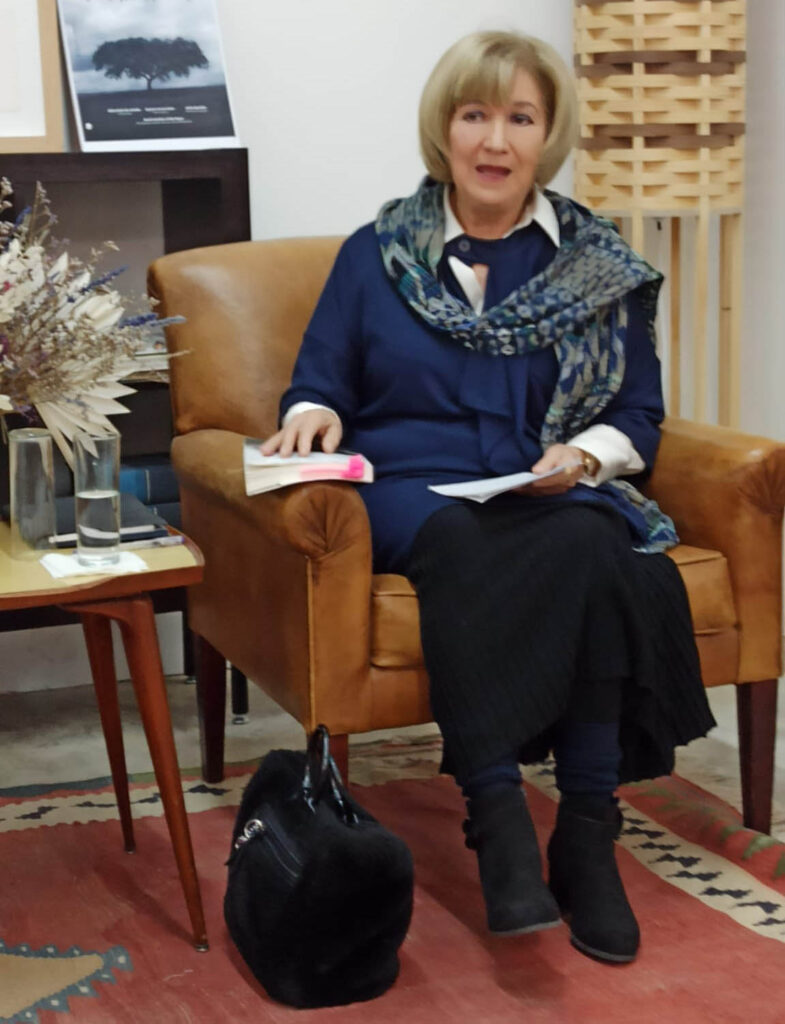
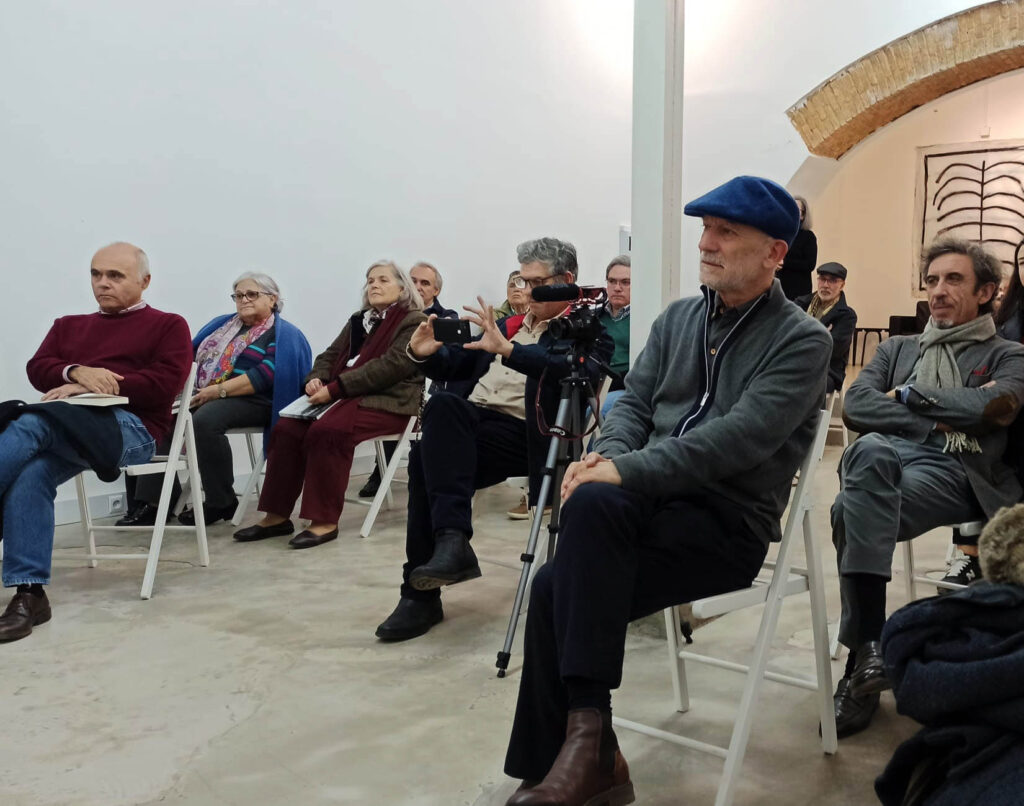
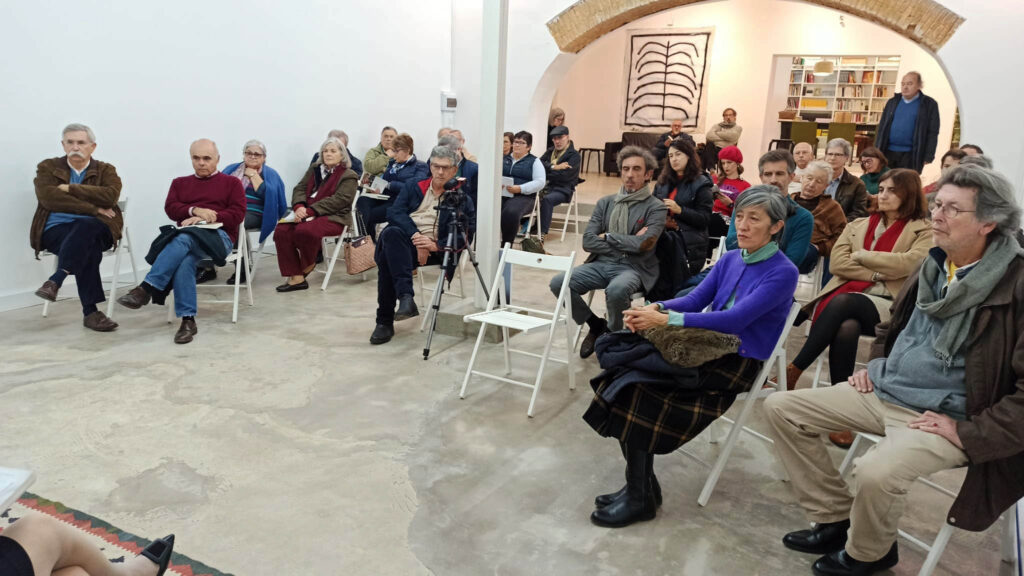
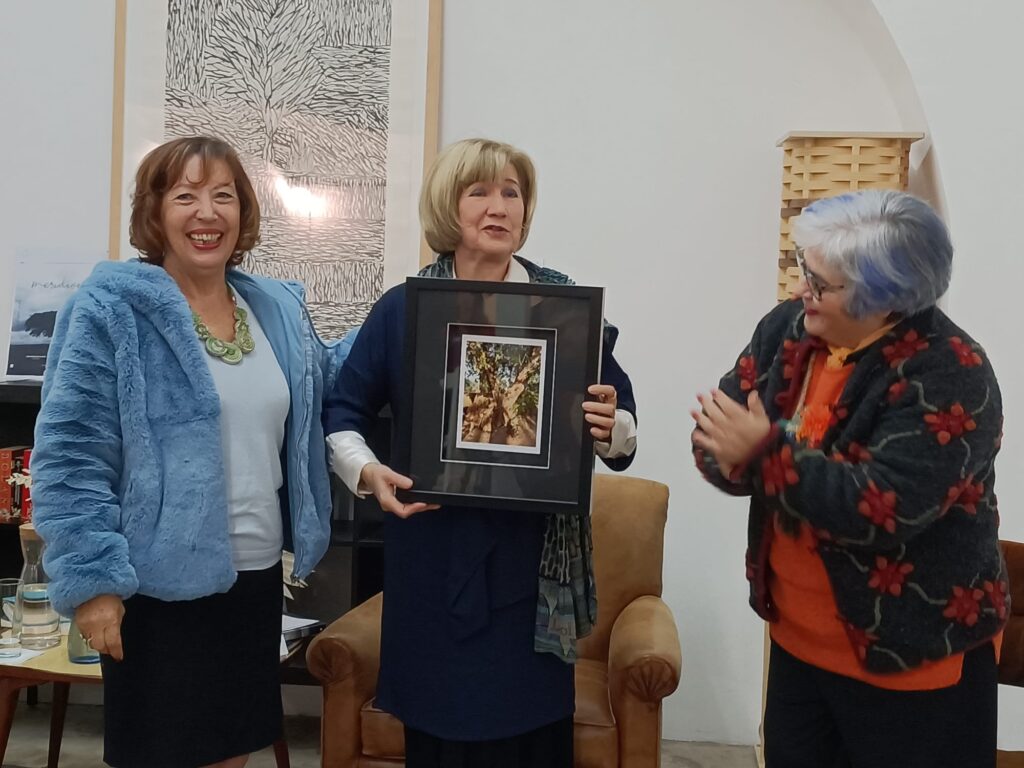
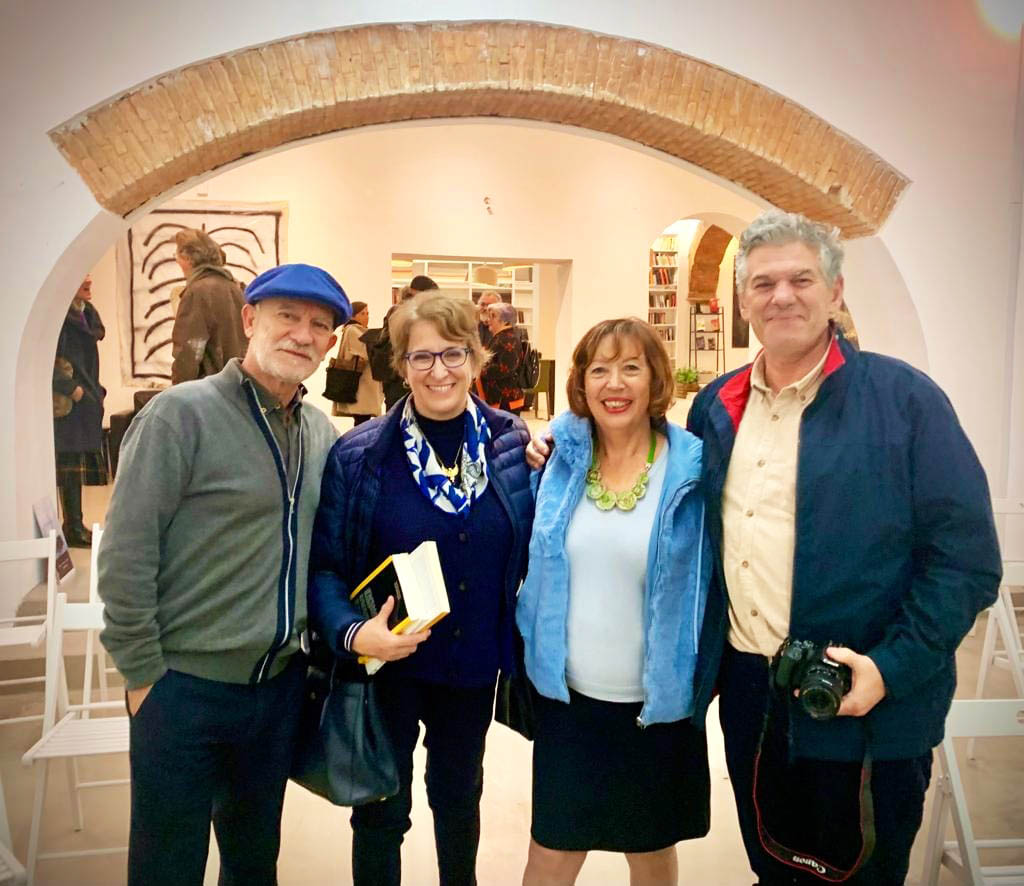
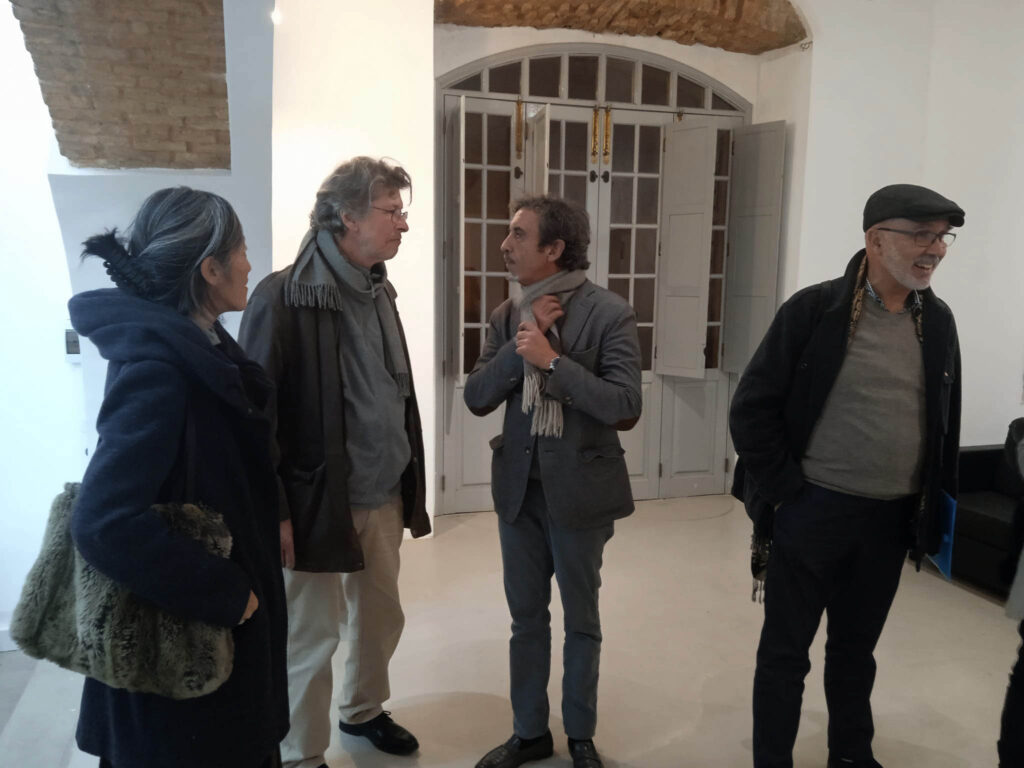
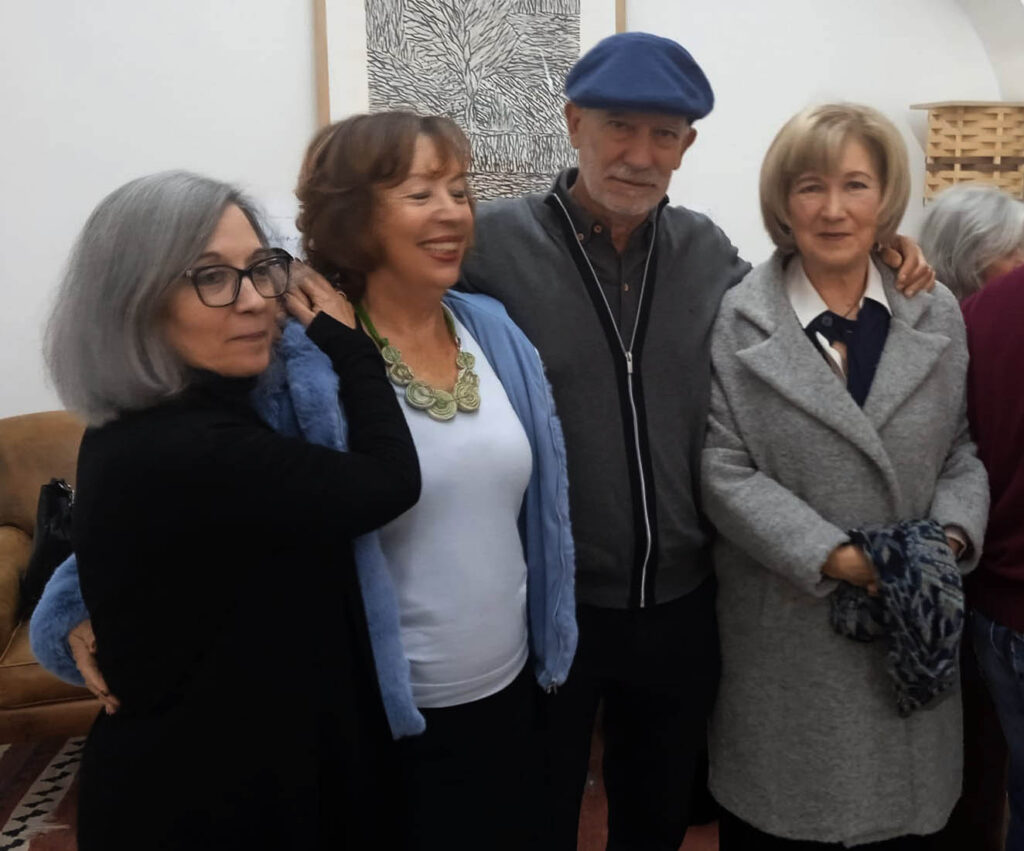
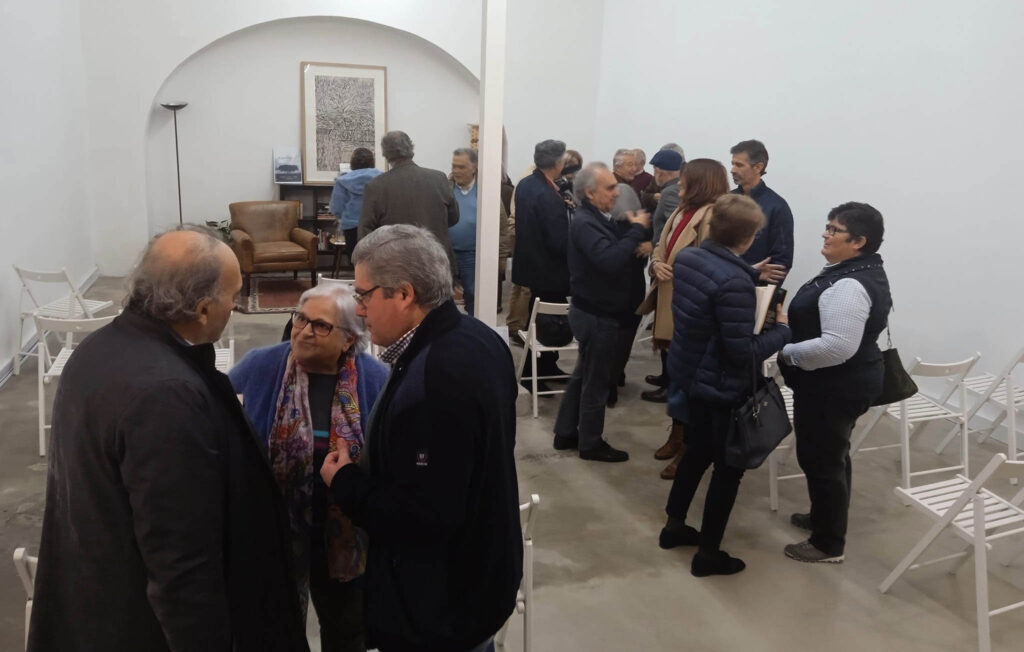
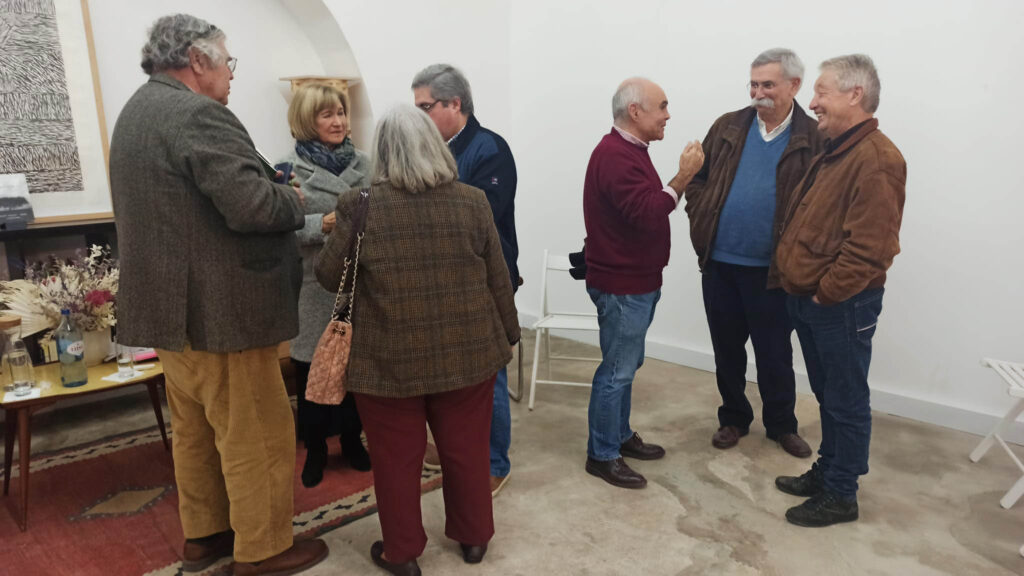
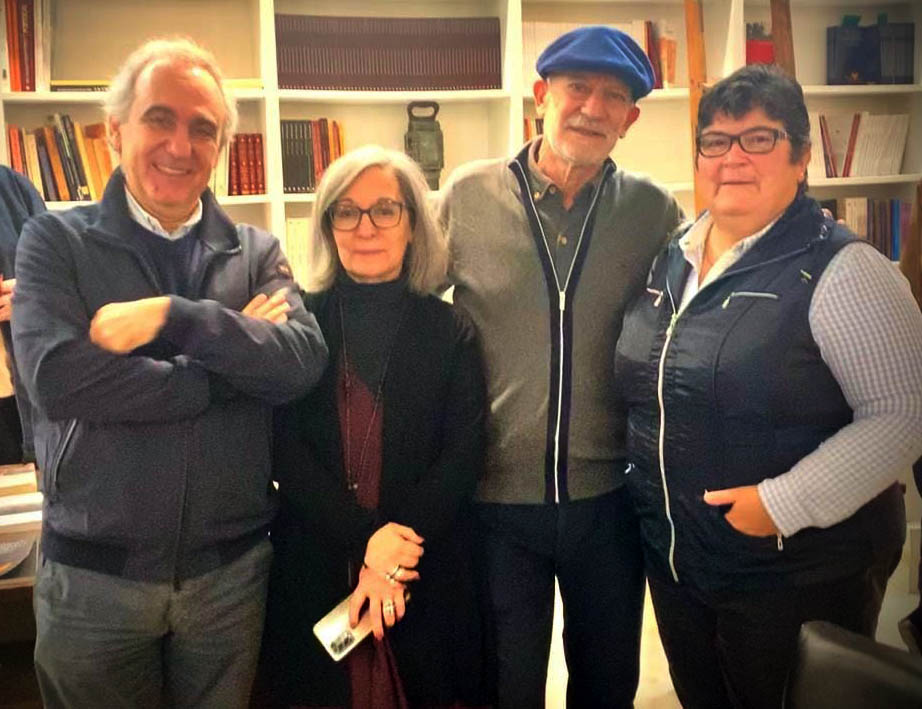
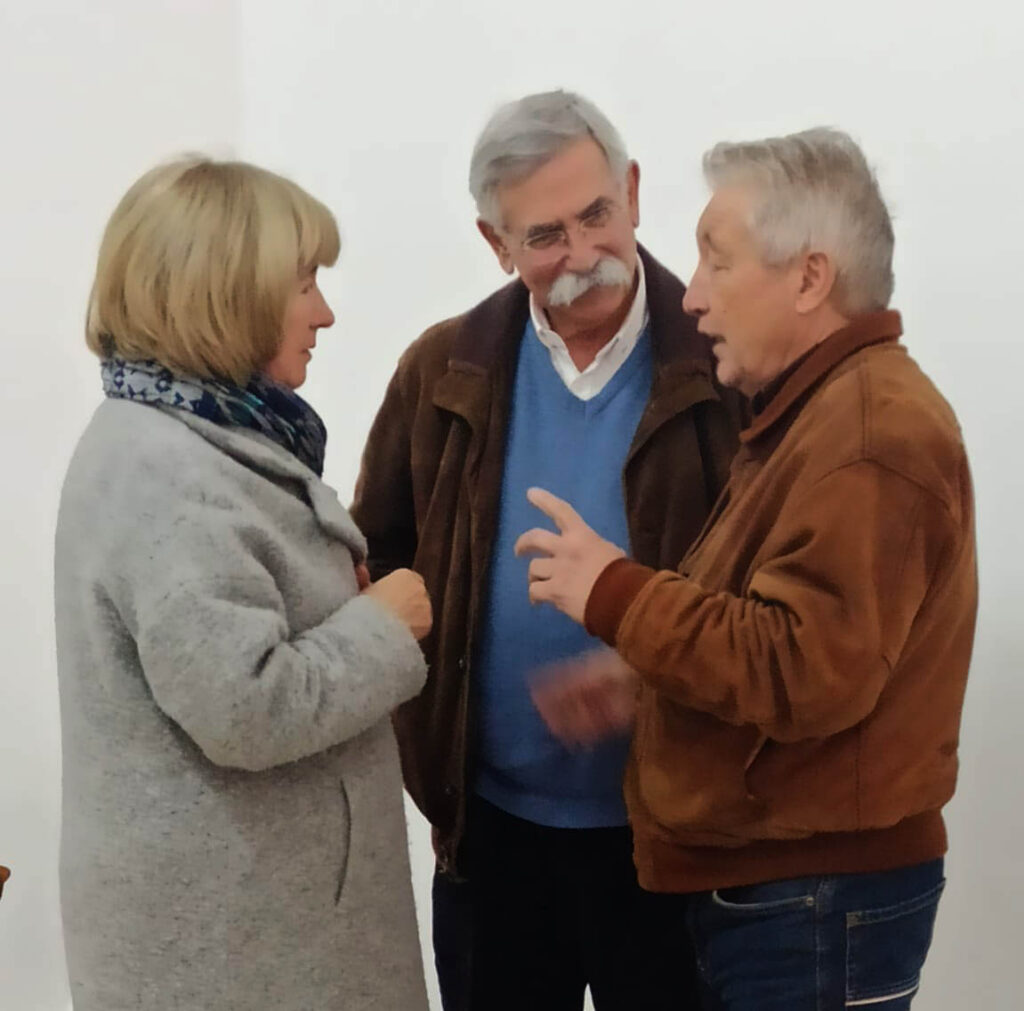

















Comments